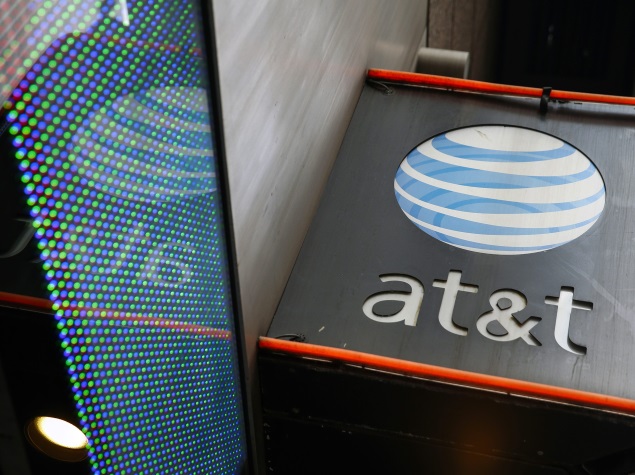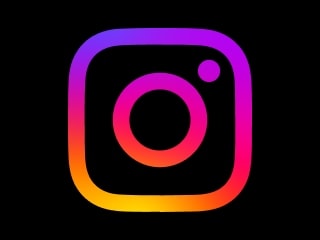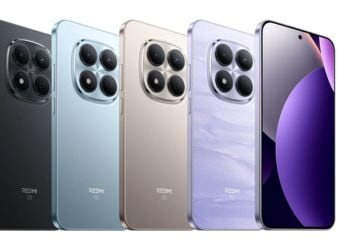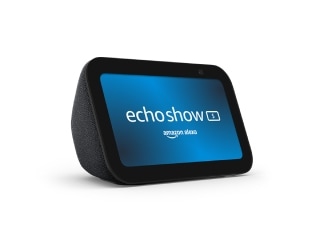- Home
- Telecom
- Telecom News
- US Reaps $41 Billion in Wireless Spectrum Auction
US Reaps $41 Billion in Wireless Spectrum Auction

The Federal Communications Commission, which revised down its estimate from $45 billion, said the auction that ended Thursday raised the highest amount ever for this type of sale and would improve wireless access countrywide.
The auction comes amid huge demand for spectrum to meet the needs of people using smartphones, tablets and -- increasingly -- other devices that connect to the Internet such as cars, refrigerators and wearable gadgets.
The move adds 65 megahertz of spectrum to "improve wireless connectivity across the country and accelerate the mobile revolution that is driving economic growth and improving the lives of the American people," FCC Chairman Tom Wheeler said.
"The results of this auction confirm the strong market demand for more spectrum."
In a document listing the winning bidders, the FCC said AT&T won bids totalling $18.2 billion and Verizon $10.4 billion. T-Mobile bid successfully for $1.8 billion.
AT&T said the new spectrum will allow its wireless service to cover 96 percent of the US population with "high-value contiguous" spectrum.
"Growth in our customers' mobile data usage continues to explode, driven by mobile video traffic," said John Stankey, chief strategy officer at AT&T.
"This spectrum investment will be critical to AT&T staying ahead of customer demand and facilitate the next generation of mobile video entertainment."
Satellite broadcaster Dish Network, which placed bids through affiliates, won nearly $10 billion in bids.
The FCC said $20 billion from the auction would go towards reducing the federal deficit.
The auction "is only the first step to unlock more mobile investment and benefits," CTIA Wireless Association president Meredith Attwell Baker said.
She noted that wireless companies would begin investing in fifth-generation networks for improved communications for mobile devices.
Consumer Electronics Association president Gary Shapiro said that with demand surging for mobile broadband, the FCC should "help expand access to even more licensed and unlicensed spectrum."
But Harold Feld at the consumer activist group Public Knowledge said the results showed a lack of true competition in the wireless market.
"Instead of celebrating this as a big win, we need to recognize this for what it is -- proof that without aggressive action rules to promote competition, the biggest carriers will spend whatever it takes to keep their spectrum dominance," Feld said.
Catch the latest from the Consumer Electronics Show on Gadgets 360, at our CES 2026 hub.
Related Stories
- Samsung Galaxy Unpacked 2025
- ChatGPT
- Redmi Note 14 Pro+
- iPhone 16
- Apple Vision Pro
- Oneplus 12
- OnePlus Nord CE 3 Lite 5G
- iPhone 13
- Xiaomi 14 Pro
- Oppo Find N3
- Tecno Spark Go (2023)
- Realme V30
- Best Phones Under 25000
- Samsung Galaxy S24 Series
- Cryptocurrency
- iQoo 12
- Samsung Galaxy S24 Ultra
- Giottus
- Samsung Galaxy Z Flip 5
- Apple 'Scary Fast'
- Housefull 5
- GoPro Hero 12 Black Review
- Invincible Season 2
- JioGlass
- HD Ready TV
- Laptop Under 50000
- Smartwatch Under 10000
- Latest Mobile Phones
- Compare Phones
- Tecno Spark Go 3
- iQOO Z11 Turbo
- OPPO A6c
- Samsung Galaxy A07 5G
- Vivo Y500i
- OnePlus Turbo 6V
- OnePlus Turbo 6
- Itel Zeno 20 Max
- Lenovo Yoga Slim 7x (2025)
- Lenovo Yoga Slim 7a
- Realme Pad 3
- OPPO Pad Air 5
- Garmin Quatix 8 Pro
- NoiseFit Pro 6R
- Haier H5E Series
- Acerpure Nitro Z Series 100-inch QLED TV
- Asus ROG Ally
- Nintendo Switch Lite
- Haier 1.6 Ton 5 Star Inverter Split AC (HSU19G-MZAID5BN-INV)
- Haier 1.6 Ton 5 Star Inverter Split AC (HSU19G-MZAIM5BN-INV)
















